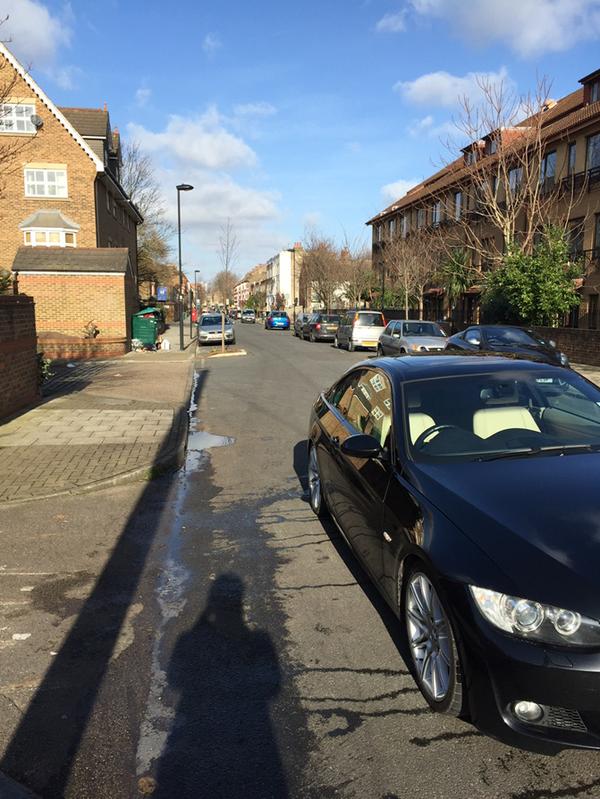It looked at data from the beginning of 2011 until the middle of this year, specifically Instagram posts from within the US which were tagged with hashtagged car brands. According to its data, BMW leads the way by a healthy margin with more than 710,000 pictures over that timeframe, comfortably eclipsing runners-up Jeep (451,000) and Ferrari (388,000). Down at the other end of the scale, it seems that Instagrammers just aren't that enthused about Chryslers, Mercedes-Benzes, or GMCs, none of which broke the 50,000-post mark.
Car sales appear to have little effect on how often people snap pics of their rides though. As you might expect, low-volume exotics from Ferrari and Lamborghini appear online far more frequently than they leave showrooms—360 posts for every prancing horse sold in 2015 and more than 600 for each raging bull. Almost all the other brands they looked at struggled to beat two posts for every car sold, without any clear trend that correlated the two.


 Loading comments...
Loading comments...
